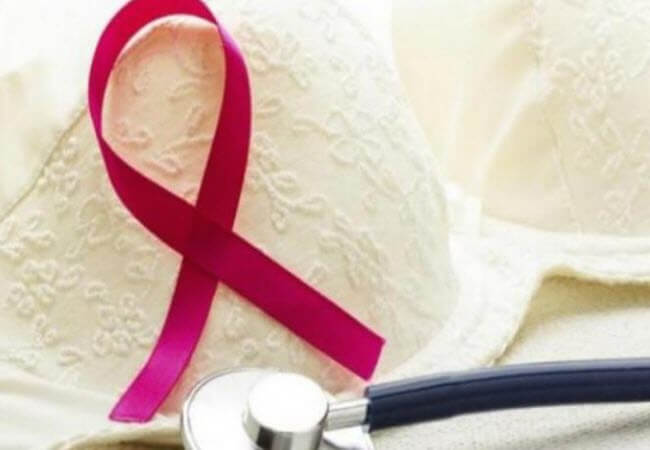
Scientists announced a breakthrough in the treatment of breast cancer
0
A group of international scientists concluded that the use of the drug olaparib in the early stage of breast cancer significantly reduces the risk of its return in women and the possibility of inheritance. Specialists are convinced that they have made a breakthrough in the treatment of this disease.
The study called OlympiA lasted two and a half years, in which female patients participated after the chemotherapy procedure.
The results showed that after follow-up, 85.9% of women were disease-free compared to 77.1% who received placebo. This reduced the risk of breast cancer recurrence by 42%.
In the same way, 87.5% of patients who took olaparib remained alive and did not have metastases that would spread to other parts of their body. This compares to 80.4% who were given a placebo, which reduces the risk of the cancer spreading through distant metastases by 43%.
Olaparib is an inhibitor of PARB, an enzyme that repairs cancer cells. So far, the drug has been used in advanced forms of cancer. But now, scientists say, research has demonstrated its effectiveness at an early or “curative” stage.
The scientific paper says: a trial of the drug showed that olaparib, which exploits a genetic weakness in cancer cells, “could become a new treatment option which reduces the risk of recurrence or metastasis”. In particular, in women with hereditary forms of breast cancer at an early stage.
Chairman of the OlympiA Steering Committee Professor Andrew Tutti noted that women with early stage breast cancer who have inherited BRCA1 or BRCA2 mutations are usually diagnosed with the disease at a younger age. However, until now there has been no treatment that specifically targets the unique biology of these cancers to reduce recurrence rates. In addition to the initial ones, such as surgery, hormonal treatment, radiation therapy and chemotherapy.
“Olaparib is now also the first targeted drug that has been shown to effectively treat patients with inherited mutations and early-stage breast cancer . This is a big breakthrough,” the doctor concluded.









Leave a Reply